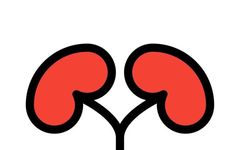Whenever health issues concerning middle-aged men are mentioned, there is always an unavoidable topic: “deficiency,” such as kidney deficiency, spleen deficiency, etc. Especially kidney deficiency, many male friends, as soon as they experience lower back pain, believe it to be kidney deficiency, leading to indiscriminate supplementation that may not be effective.
Traditional Chinese Medicine (TCM) holds that the kidneys govern essence, reproduction, and are the foundation of congenital vitality; they also govern water and the intake of qi. The kidneys are associated with bones, govern the production of marrow, manifest in hair, open to the ears and the two lower orifices, are present in saliva, and are linked to fear, corresponding to the winter season.
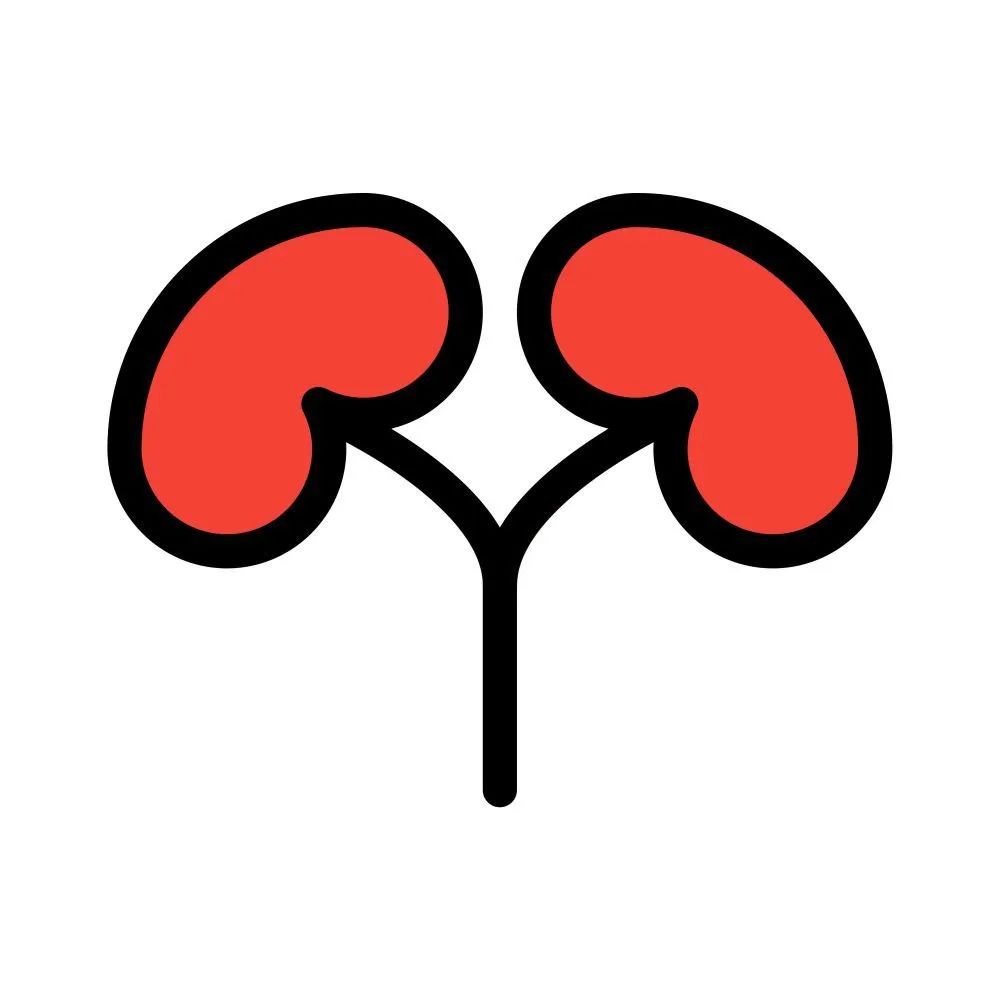
The kidneys store both Yuan Yin and Yuan Yang, which are the roots of human growth and development, as well as the basis for the functional activities of the organs. If there is insufficient constitution, prolonged illness leading to physical weakness, or any depletion, all organs may become ill, and kidney diseases often manifest as deficiency syndromes.

Understanding Kidney Yang Deficiency
Kidney Yang deficiency is a type of deficiency-cold syndrome characterized by the decline of kidney Yang, leading to a failure in warming and the loss of qi transformation. It is often caused by a constitution of Yang deficiency, aging-related kidney depletion, prolonged illness harming the kidneys, or excessive sexual activity.
Symptoms of Kidney Yang Deficiency
Dizziness, pale or dark complexion, cold and aching lower back and knees, aversion to cold with cold limbs, especially in the lower extremities, mental fatigue, decreased libido, male impotence, premature ejaculation, spermatorrhea, or persistent diarrhea, undigested food, nocturnal diarrhea, frequent clear urination, and increased nighttime urination; the tongue is pale with a white coating, and the pulse is deep, thin, and weak, particularly the chi pulse.


Management Strategies
1. It is advisable to consume more warming and qi-tonifying foods, such as scallions, ginger, garlic, Sichuan pepper, leeks, and lamb.
2. Avoid cold and raw foods like cucumbers, lotus root, pears, and watermelons.
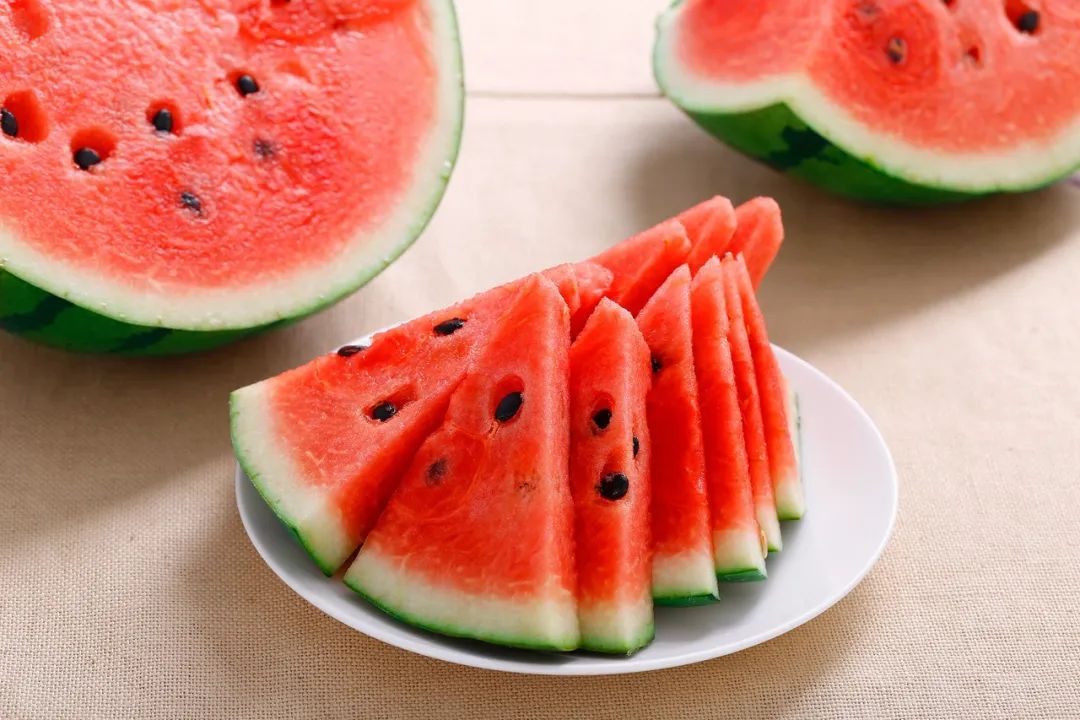
3. Massage acupoints such as Qihai (气海), Zusanli (足三里), and Yongquan (涌泉), or frequently moxibustion on Zusanli and Guanyuan (关元).
4. Additionally, consider herbal remedies such as Gui Fu Di Huang Wan (桂附地黄丸) and You Gui Wan (右归丸).
Gui Fu Di Huang Wan warms and tonifies kidney Yang, primarily used for symptoms like lower back and knee weakness, cold limbs, and frequent urination. This formula originates from the Han dynasty text “Jin Gui Yao Lue” by Zhang Zhongjing. It consists of eight herbs: Fuzi (制附子), Shudi (熟地黄), Shanzhuyu (山茱萸), Zexie (泽泻), Rougui (肉桂), Danpi (丹皮), Shanyao (山药), and Fuling (茯苓). Among these, Shudi nourishes the kidneys and replenishes essence, Shanzhuyu nourishes Yin and astringes essence, and Shanyao tonifies the spleen and secures essence. The combination of these three herbs nourishes kidney Yin, supports liver blood, and benefits spleen Yin while astringing essence to stop leakage. Zexie clears kidney fire and prevents the cloying effect of Shudi; Danpi clears liver fire and restrains the warming dryness of Shanzhuyu; Fuling lightly drains spleen dampness, assisting Shanyao in strengthening the spleen.
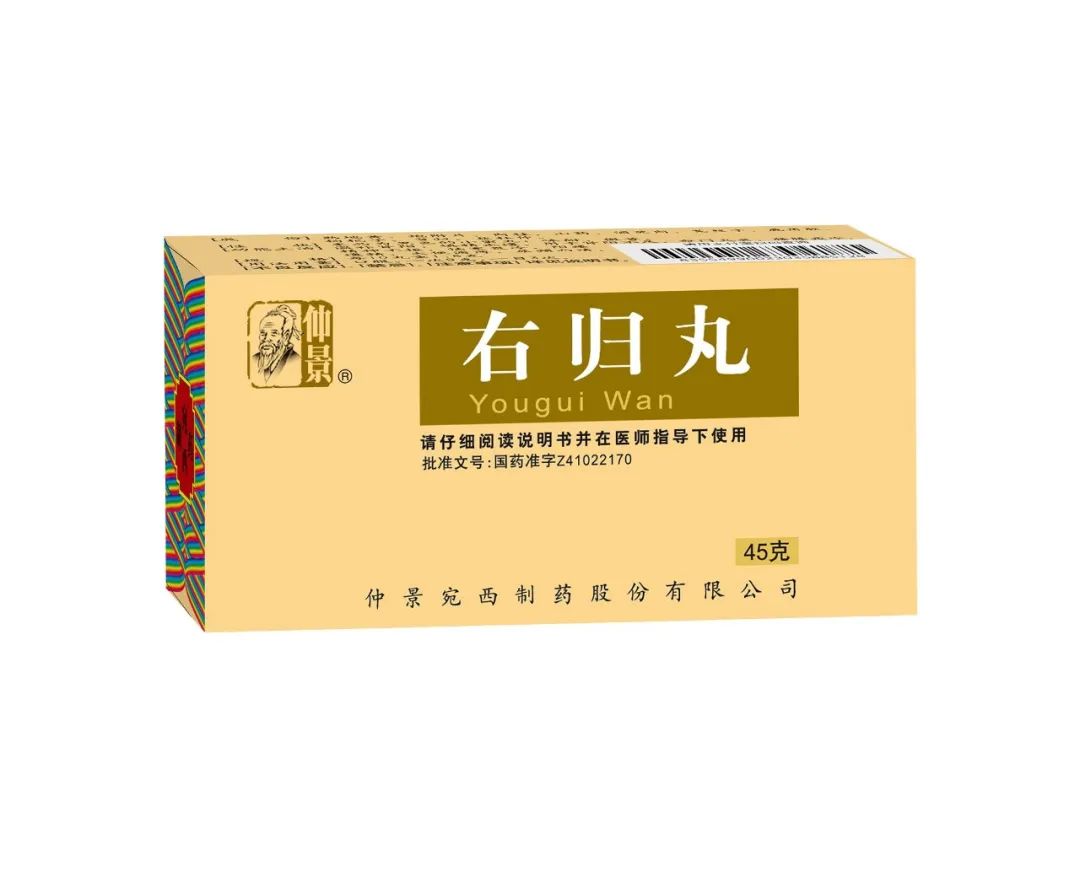
You Gui Wan is a commonly used Chinese patent medicine for treating kidney Yang deficiency, originating from the Ming dynasty text “Jing Yue Quan Shu” by Zhang Jingyue. It consists of ten ingredients: Shudi (熟地黄), Chao Shanyao (炒山药), Shanzhuyu (山茱萸), Gouqizi (枸杞子), Tusizi (菟丝子), Duzhong (杜仲), Rougui (肉桂), and Fuzi (制附子).
You Gui Wan has the effects of warming and tonifying kidney Yang, replenishing essence, and stopping leakage, primarily used for symptoms of kidney Yang deficiency, decline of Mingmen fire, coldness in the lower back and knees, mental fatigue, aversion to cold, impotence, nocturnal emissions, loose stools, and frequent clear urination.

The formulation of You Gui Wan follows the principle from “Jing Yue Quan Shu”: “To effectively tonify Yang, one must seek Yang within Yin.” The main herbs, Fuzi and Rougui, supplement fire to assist Yang, while Lu Jiao Jiao (鹿角胶) warms and tonifies the liver and kidneys, replenishing essence and nourishing blood, serving as the monarch herbs. Shudi, Shanzhuyu, Shanyao, and Gouqizi nourish the kidneys, support Yin, and replenish essence and marrow, embodying the principle of seeking Yang within Yin, serving as minister herbs. Additionally, Duzhong tonifies kidney Yang and strengthens tendons and bones; Tusizi harmonizes the liver and kidneys, strengthens the waist, and improves vision; Danggui nourishes and replenishes blood. The combination of these herbs works together to warm and tonify kidney Yang, replenish essence, and nourish marrow.
If you have questions about the Zhongjing series products, you can scan the QR code below to add us as a friend, and we will be happy to assist you.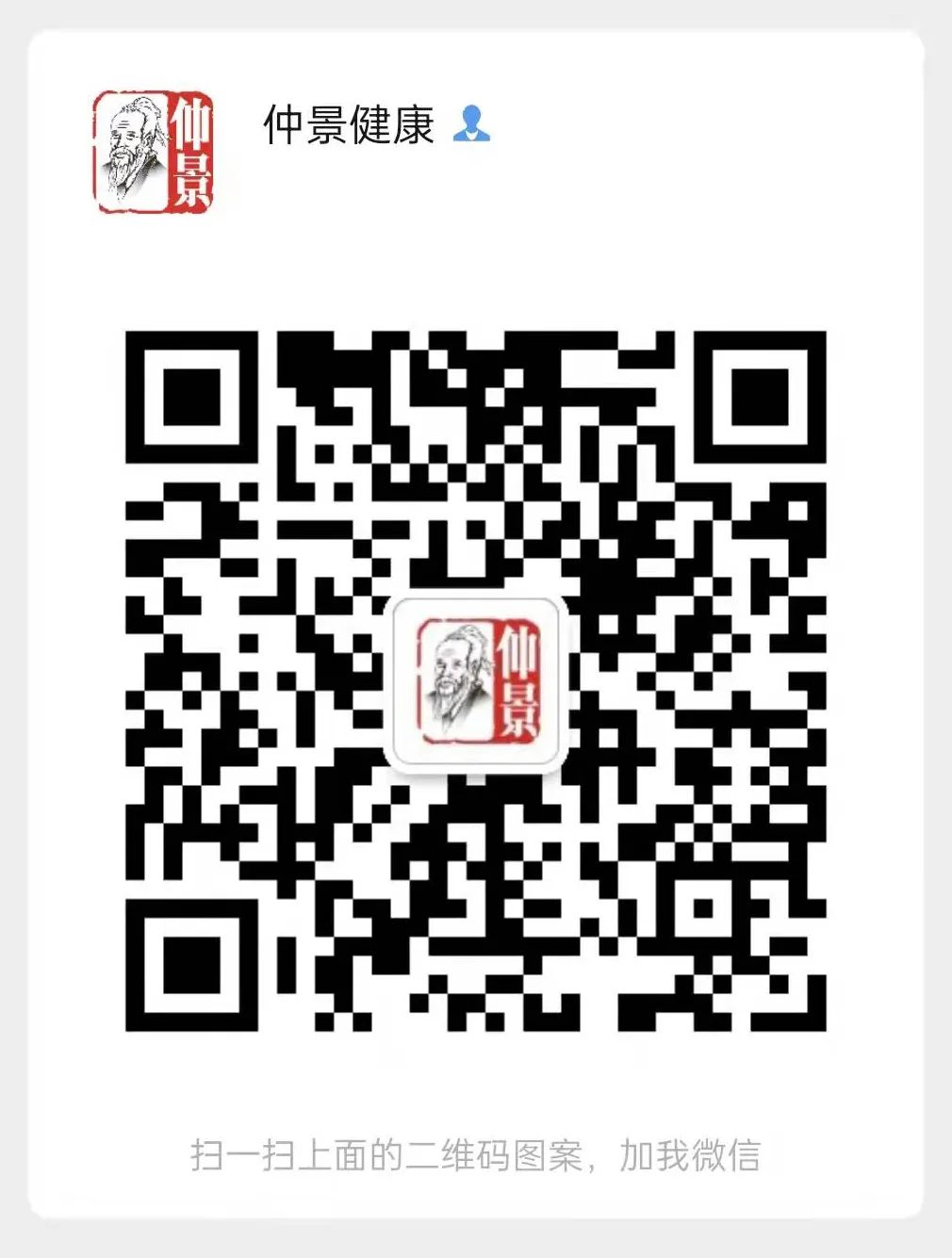
 Previous Recommendations
Previous Recommendations
1. Why do people experience chest tightness and shortness of breath in summer?
2. Stomach discomfort? What details should be noted in daily life?
3. Quick to anger? Why are some people irritable?
4. In the hot summer, remember these tips for protecting your stomach~5. Xiaoyao Wan is derived from this formula by Zhang Zhongjing in “Sheng Yi”.
Warm Reminder:
While Chinese patent medicines are beneficial, it is essential to differentiate and treat based on syndrome; only those that match the condition and are suitable for oneself are good medicines.
If you experience discomfort, it is best to visit a reputable hospital and consult a professional physician before taking any medication. If medication is necessary, please read the instructions carefully and use as directed or under the guidance of a pharmacist.
Some images are sourced from Shetu Network, and the copyright belongs to Shetu Network.Zhongjing Health Hotline:400-1515-688Welcome to inquire!


